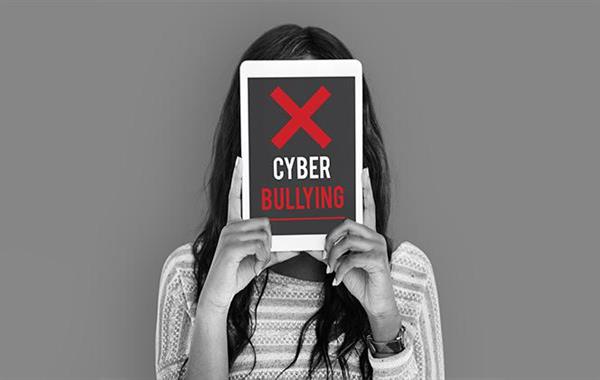Cyberbullying is the use of technology, particularly the internet and social media, to harass, intimidate, or harm others. This can include behaviors such as sending threatening messages, posting embarrassing or private photos or videos, spreading rumors or lies, or creating fake social media accounts to harass others. Cyberbullying can take many forms and can occur through a variety of platforms, including social media, text messages, email, and online gaming.
The anonymity and reach of the internet can make cyberbullying particularly harmful, as it can be difficult to escape and can reach a large audience quickly. This can cause emotional distress and harm to the victim, and in some cases, it can even lead to suicide.

In the United States, cyberbullying is not a federal crime, but it can be prosecuted under federal laws that prohibit certain types of online behavior. For example, the Computer Fraud and Abuse Act (CFAA) can be used to prosecute hackers who access someone's computer or online account without their permission and use that access to bully or harass them. Additionally, the Electronic Communications Privacy Act (ECPA) can be used to prosecute individuals who intercept or access electronic communications without authorization.
Another federal law that can be used to prosecute cyberbullying is the Stored Communications Act (SCA), which prohibits unauthorized access to electronic communications that are stored by a third-party service. This law can be used to prosecute individuals who access someone's email, social media, or other online accounts without their permission and use that access to bully or harass them.
It is also important to keep in mind that some American states have laws that are expressly designed to address cyberbullying. These laws may have different standards for proof and different penalties.